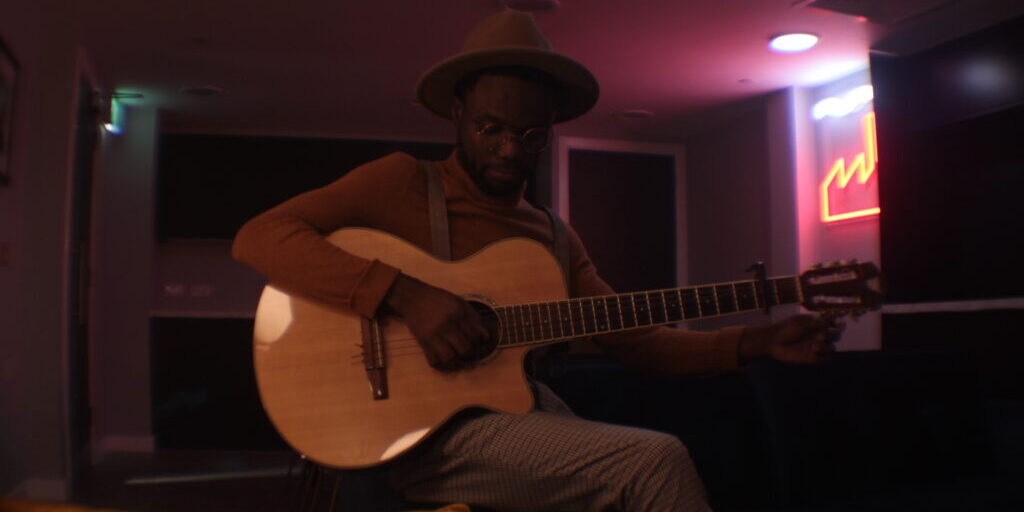
This is a note to self, a journal of sorts. You might find it relevant too…
Last week I introduced the idea of the never-ending conflict between the desires of the present self and the needs of the future self, and how we tend to prioritise the former at the expense of the latter, against our best interests. I introduced a cursory explanation of why this is the case, leaning on scientific literature which shows that as far as the brain is concerned, the future self is no different to a stranger on the streets. This is accentuated by cognitive biases like the False Attribution Error (FAE) that predispose us to discount the feelings of strangers. If the above holds, one solution to this predicament is to learn to cultivate empathy for the future self, as discussed last week.
But we need not stop there. In this battle between the present self and the future self, there are other strategies we can employ if we are to actualise our goals and dreams.
One is to realise and acknowledge that growth and comfort rarely, if ever co-exist in the world we live in. Examples abound in nature to show how organisms undergo the most uncomfortable states (at least as perceived by us humans) in order to achieve their destined transformation. Reptiles and avians break out of their eggshells to complete their transformation to adulthood, and insects (like butterflies) go from the egg to the larva (caterpillar), to the pupa (chrysalis, often misnomered as a cocoon), and then spread their wings in adulthood. We can learn a thing or two from these reptiles, avians and insects. More often than not, it behoves us – the present self – to embrace temporary discomfort in order to encourage and facilitate the growth that is necessary for the future self. In other words, we have the power to shape the future through our actions in the present. Through this lens, I’m reminded of a quote by American writer Kurt Vonnegut, that “...we are what we pretend to be, so we must be careful what we pretend to be."
Another strategy is to acknowledge that perhaps the reason the present self is often unkind to the future self is that the present self prioritises removing friction. We often seek shortcuts, we tend to skip the montage, and we rarely forego present comforts for the promise of future pay-offs. But that’s exactly what needs to change. Stoic philosopher Marcus Aurelius said it best when he said "...the impediment to action advances action. What stands in the way becomes the way." Stoicism, as practised by the philosophers of old, emblematised the practice of embracing friction, as opposed to modern culture which is marked by an obsession with avoiding friction. Our commercials and advertisements are rife with the idea of removing every bit of friction from our daily lives, and we’ve bought into the idea that we’d be much happier without friction, except, we’re often wrong.
Case in point, shortly after the second world war, a food processing company sold boxed cake mixes that were aimed at introducing convenience into the process of making cakes. The idea was simple, all you had to do was add water to the mix (which already contained all the necessary ingredients to make a cake), bake, and voila, you’d have a cake on your hands in no time. This was every cake maker’s dream, a huge time-saver. Surely these cake mixes flew off the shelves the moment they hit the stores, right? Wrong! As the story goes, when the cake mixes were first introduced a few decades earlier, there was some interest, but by the 1950s, sales had plateaued. Upon further investigation, they realised that the reason the target audience – mostly housewives (it was the 1950s after all) – weren’t all that keen was that it was too easy. The housewives felt guilty about doing almost nothing – just adding water and mixing – and having an entire cake to show for it. The company took this learning on board and tweaked the recipe so that the housewives were required to break a few eggs into the mix, stir, and bake. This did the trick. Suddenly, the product flew off the shelves, as the housewives felt that breaking and stirring eggs into the cake mix constituted an appropriate amount of effort to put into baking cakes that they put on the dinner tables for their families. It’s worth noting that the cake mix products were more or less identical, only the preparation instructions (adding water vs adding eggs) differed between the scenarios. Adding eggs to the already-made mix constituted the right amount of friction, just enough to feel like the housewives did the work and deserved the benefits. There’s hardly a better story to underscore the idea that we don’t always know what’s best for us, or our future selves for that matter.
The same applies to our artistic exploits. We often opt for shortcuts and even go out of our way to avoid obstacles. But what if those obstacles are placed in our path so that we might grow and evolve into better-equipped versions of ourselves in the future? What if these obstacles are meant to help us get from where we are to where we need to be? What if these obstacles are meant to coax us out of our comfort zones and dare us to do that which is just the least bit uncomfortable now so that sometime in the future, we might look back on this difficult time and appreciate how we rose to the occasion and thrived in the face of difficulty?
PS: Just a reminder that my latest record, One More Time is out now, everywhere. You can listen to it on several platforms. Please share it with a friend, share it with your social networks, and consider subscribing to the newsletter (below), my YouTube channel, or wherever else you listen to music.